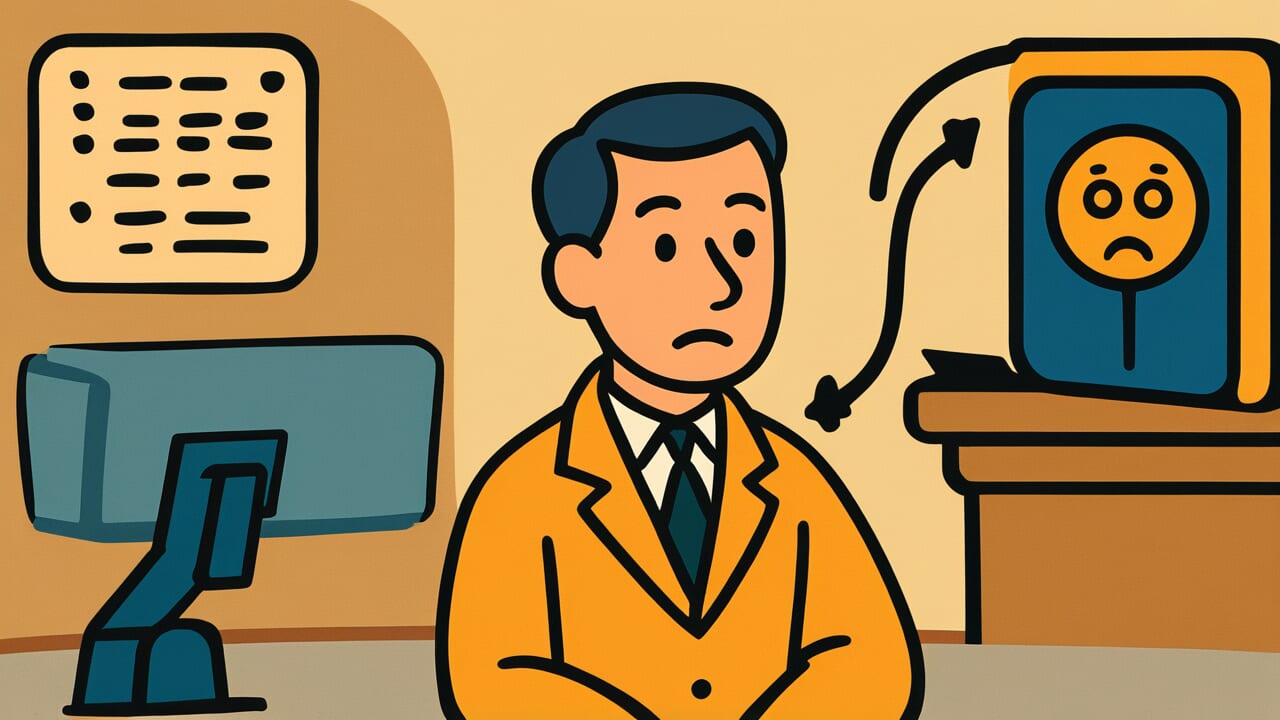How to Read “People are unknowable”
Hito wa shirenu mono
Meaning of “People are unknowable”
“People are unknowable” means that a person’s heart and true nature cannot be fully understood by others.
No matter how close the relationship or how long you’ve known someone, you can never completely grasp what they truly think or feel deep inside.
This proverb warns us not to judge people hastily. It cautions against deciding who someone is based only on surface behavior.
It also warns against assuming your understanding of someone is perfect. When someone acts unexpectedly, people often say “People are unknowable” to accept the situation.
Even today, what people show on social media often differs from their true inner self. Everyone has multiple sides and shows different aspects depending on the situation.
This proverb still teaches us the importance of staying humble in understanding others. It reminds us to avoid making quick judgments about people.
Origin and Etymology
No clear written records explain the exact origin of this proverb. However, the structure of the phrase offers interesting insights.
The expression “shirenu” combines the potential auxiliary verb “ru” with the negative auxiliary verb “nu.” This creates the meaning “cannot know.”
This way of speaking was widely used from the Muromachi period through the Edo period.
Japan has long had many expressions about the complexity of the human heart. Phrases like “a person’s heart is in darkness” and “ten people, ten colors” have existed for centuries.
These sayings are influenced by Buddhist thought. Buddhism has the concept of “worldly desires,” which suggests that the human heart constantly wavers.
According to this view, even people themselves cannot fully understand their own hearts.
In samurai society, separating outward behavior from inner thoughts was highly valued. Japanese culture developed the practice of “honne and tatemae” (true feelings versus public face).
The word “haragei” (belly art) represents this skill. In such a society, people were constantly aware of how difficult it is to measure someone’s true intentions.
This proverb condenses the wisdom of human observation accumulated over this long history into simple words.
Usage Examples
- I thought he was a longtime friend, but he betrayed me when it mattered. I realized deeply that people are unknowable.
- She seemed kind, but people are unknowable. I’ll watch a bit longer before trusting her completely.
Universal Wisdom
“People are unknowable” has been passed down for generations because it touches on a fundamental truth about human relationships.
We try every day to understand others. We read facial expressions, search for hidden meanings in words, and guess personality from behavior patterns.
But no matter how hard we try, knowing everything about another person’s heart is impossible. Human inner life is surprisingly complex.
Even people themselves don’t fully understand their own hearts.
This truth sometimes makes us anxious. Everyone experiences betrayal by someone they trusted at least once.
But at the same time, this “unknowability” actually enriches human relationships. Because we cannot fully understand others, our interest in them never ends.
We find joy in discovering unexpected sides of people.
Our ancestors taught us not to fear this “unknowability” but to accept it. The arrogance of thinking you completely understand someone leads to broken relationships.
On the other hand, having the humility to accept that you cannot fully know someone creates respect. It allows you to interact more carefully.
This is deep wisdom that will never change as long as human society continues.
When AI Hears This
When you view humans as information systems like computers, something interesting becomes clear. What you can know about others is only their “output data.”
This includes their words, facial expressions, and actions. You cannot access their “internal data” – what they’re thinking or truly feeling inside.
Information theory calls this the observer problem.
Even more important is the phenomenon of information asymmetry. For example, you ask a friend “Are you okay?” and they answer “I’m fine.”
But if your friend’s internal state (true feelings) is A, the information B you receive has passed through some filter. The information loss rate never reaches zero percent.
This means complete understanding is impossible.
Communication engineering has mathematically proven that information sent through noisy channels cannot be perfectly restored. Human relationships work exactly the same way.
Not only when people intentionally hide things, but also with emotions that words cannot express and unconscious feelings people don’t recognize themselves – information that structurally cannot be transmitted always exists.
This proverb shows that human relationships are essentially “incomplete information games.” No matter how close you are, observable information has limits.
Ancient people knew this cold fact from experience.
Lessons for Today
This proverb teaches modern people how to maintain healthy distance in relationships.
In an age where everyone broadcasts themselves on social media, we easily fall into the illusion of “knowing” others.
But posted photos and words are just one small aspect of that person. Recognizing that “people are unknowable” protects you from the danger of judging people based only on superficial online information.
This teaching also offers hints for reducing relationship troubles. When you assume you completely understand someone and expect too much, you create more chances to feel betrayed.
If you start with the premise that you “cannot fully understand” someone, you can be more tolerant of unexpected behavior.
At the same time, these words connect to kindness toward yourself. Just as others cannot fully understand your heart, you don’t need to explain all your complex emotions either.
Acknowledging that parts of us cannot be understood while still trying to walk together – this attitude is the key to building mature relationships.



Comments